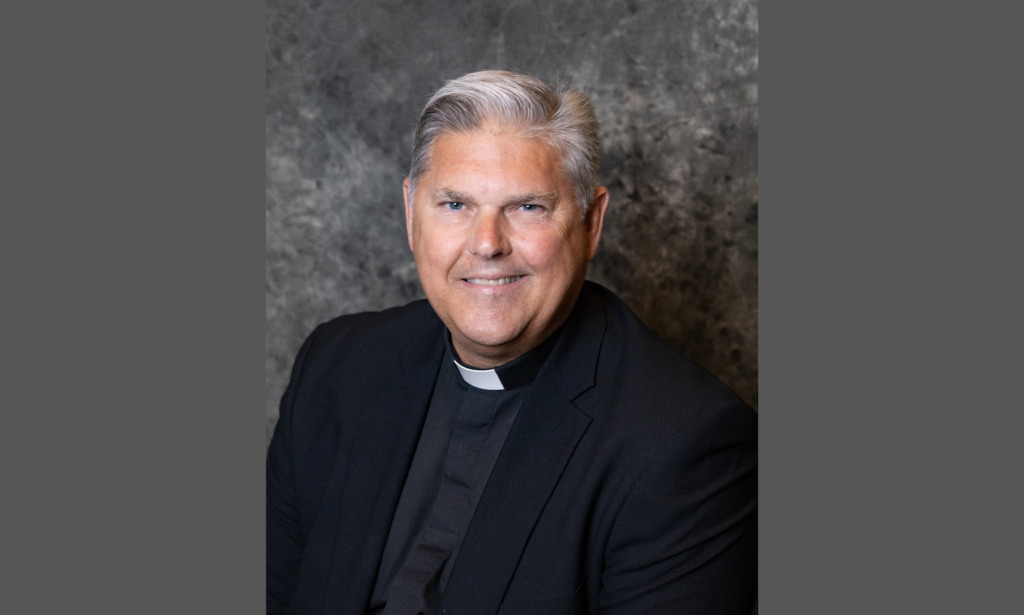Twenty-second Sunday Ordinary Time – Year C Sir 3:17-18, 20, 28-29; Ps 68: 4-5, 6-7, 10-11; Heb 12:18-19, 22-24a; Lk 14:1,7-14
The byline of this column is “Believe As You Pray.” The origin of that idea is rooted in an early Christian tradition in how the Church instructed the newly baptized with post-baptismal catechesis. This was called mystagogical catechesis because it helped the newly baptized to break open the mysteries of the sacraments they had celebrated and the word of God that they continued to hear each week in the Mass.
That is what we are doing in writing this column. We are not just breaking open the word of God, but we are rooting that catechesis in our liturgical worship of God the Father in Jesus Christ.
There are two ideas — humility and care for the poor — that connect our first reading and Gospel today. The reading from Sirach begins with the admonition to conduct our affairs with humility, and we will be loved more than a giver of gifts. The reading ends with the reminder that alms atone for sins.
The Gospel begins with a parable about humility and ends with a charge to remember the poor if we want to build up heavenly treasure. How are humility and almsgiving connected?
I am always struck by St. Thomas’ description of humility. Humility is truth. The truth is that before God, we are all poor and in need. All our human honors are mere wisps of nothing.
We encounter this truth each time we enter into worship. When we gather in worship of the living God, Jesus fills our poverty with his abundance. In ministering to our poverty through his sacrifice on the cross, Jesus opens the riches of his mercy to us.
Following that line of thought, when we conform our way of acting with that of Jesus in caring for the poor, we are also participating in a liturgical act of worship of God.
St. John Chrysostom made the comparison between our worship of God in the Eucharist and our care for the poor: “You honor this altar indeed because it receives Christ’s body [at the Eucharist]. But the poor man, who is himself the body of Christ, you treat with scorn, and when perishing, neglect. You can see this altar lying around everywhere, both in streets and in marketplaces, and you can sacrifice upon it every hour; for on this, too, is sacrifice performed.”
St. John Chrysostom is asking us to see that giving to the poor is not just a charitable act. It is a liturgical act. We are being asked to recognize in the poor the mystical body of Christ. And, if Jesus’ body really is what the New Testament says it is, the temple of God, then every poor person to whom you give alms is a living altar, a representative of Christ. Thus, every act of almsgiving becomes an acceptable sacrifice to the Lord.
This is a beautiful mystagogical understanding of what happens when we give to the poor. It helps us in humility to recognize our own poverty and to build up treasure in heaven by giving God worship on the altar of the poor through our almsgiving.
Celebrating the Eucharist is how we participate in the sacrifice of Christ that forgives our sins. But in giving alms, we also celebrate sacrificial worship of God that forgives sins. Earlier in Luke’s Gospel (11:41), Jesus gives us a charge about almsgiving, which almost seems a paraphrase of the last line in the reading from Sirach: “Give alms, and behold, everything will be clean for you.”
Msgr. Timothy Keeney is pastor of Incarnation, Charlottesville.

